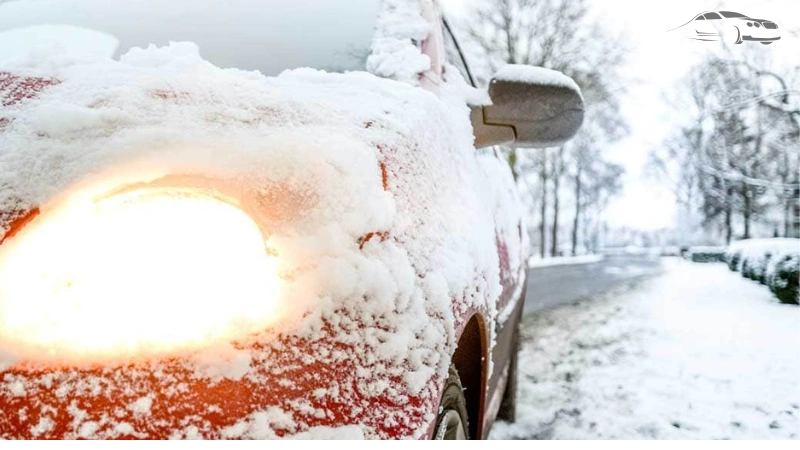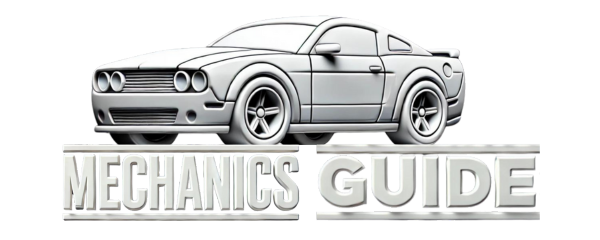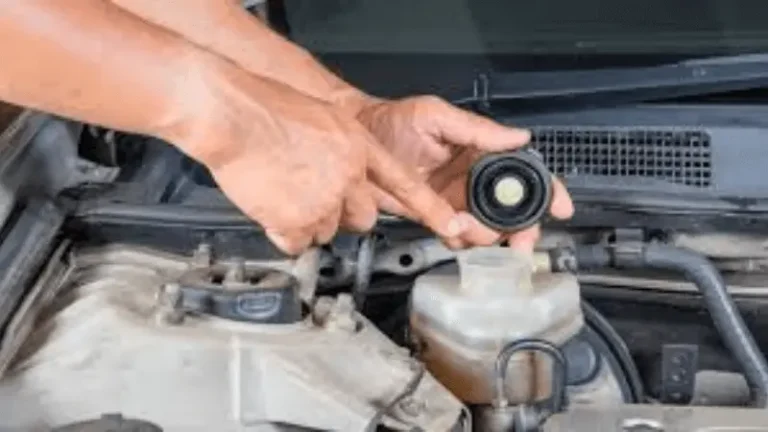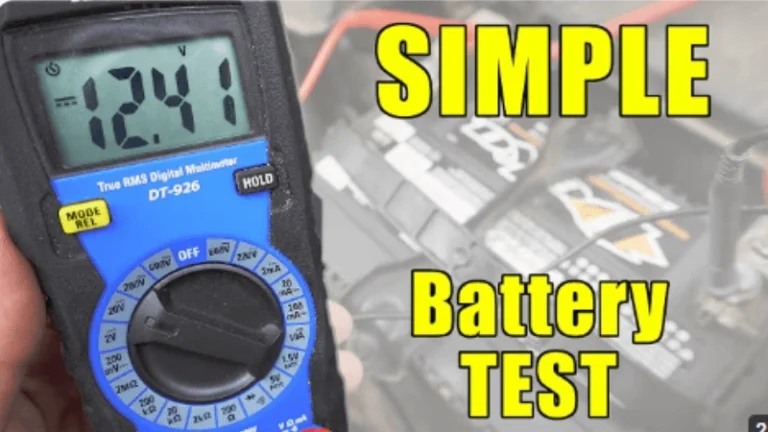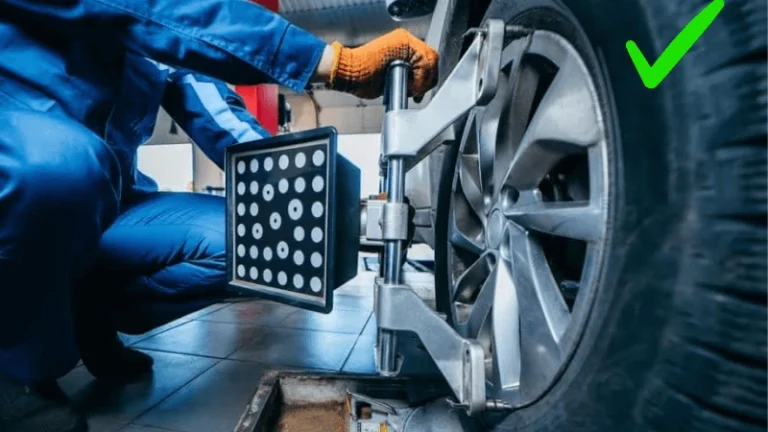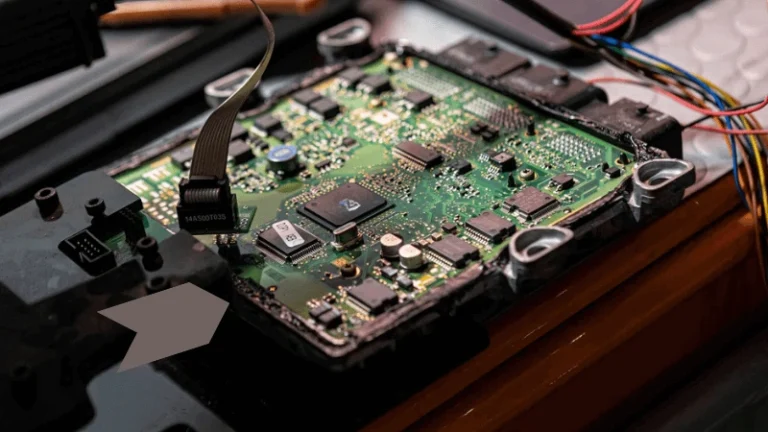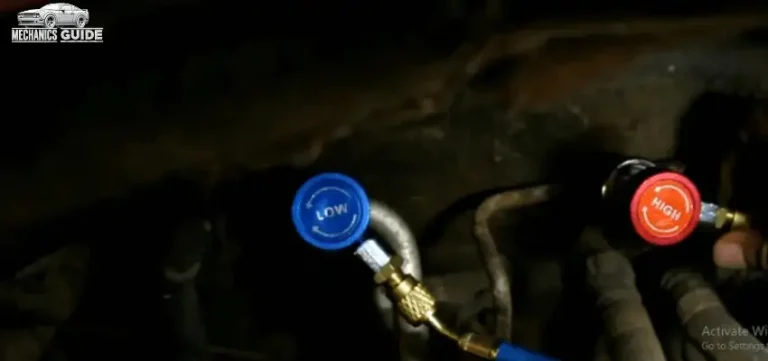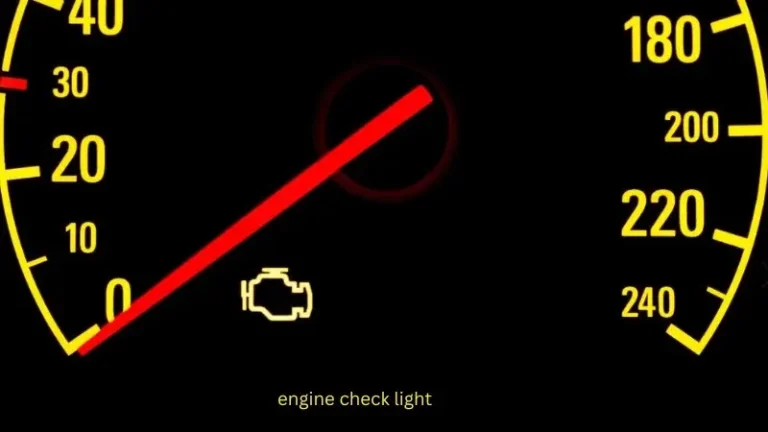It is an alarming sign for your if your car shaking while driving. It indicates several underlying issues in your car. Any single mechanical issue could cause your car to jerk while driving or when it is parked.
In this mechanics guide blog, we will uncover the possible reasons and their solutions for why your car is jerking in different scenarios. Let’s get them solved by identifying the real causes behind your car vibrating. If you get tired, you can enjoy with onstream.
Common Causes of Car Shaking While Driving and their Solutions
Let’s explore the reasons for your car shaking and seek their possible solutions. Read these causes to diagnose the car jerking while driving or in an idle position.
Tire and Wheel Issues
- Worn or old tires can cause your car to vibrate when your speed is between 60 and 80 km.
- If you installed new tires but it is still shaking and vibrating, car shaking due to tires can be due to expired tires.
- Car shaking from the rear wheels indicates you have worn or damaged wheel bearings from the rear wheels.
Solutions
- If you have gotten new tires for your vehicle, align and balance them to avoid car shaking from the tires.
- Moreover, worn tires lose grip and can’t endure uneven road surfaces. Change the expired tires.
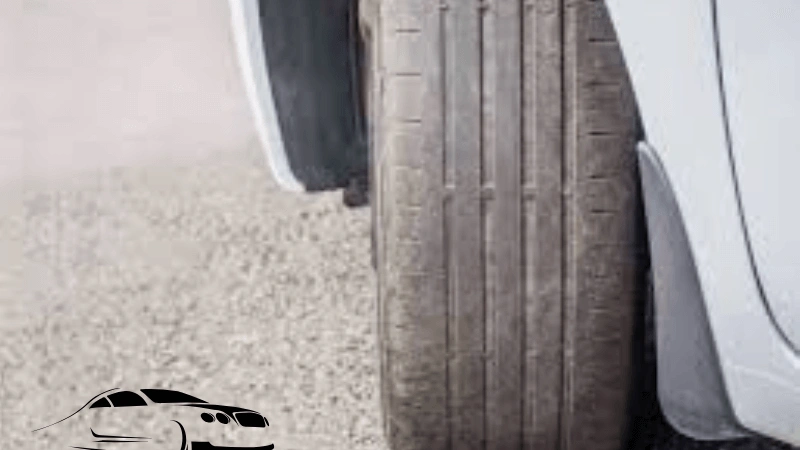
Brake System Problems
- If your car shakes while braking, it indicates that you have a fault in your braking system.
- This fault can be in the brake pads, rotors, or defective calipers.
- Low brake fluid is also the cause of car trouble while braking.
Solution
- Check the brake pads’ condition to see whether they are enough; if not, replace them.
- Check the brake fluid level to ensure it is at the optimum quantity.
- Check for any leakage of brake fluid from the lines.
- Check the rotors and calipers’ condition to solve this issue.
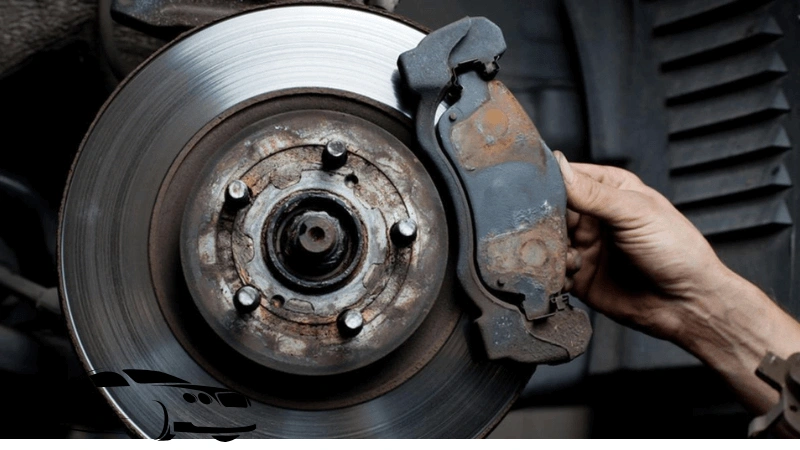
Engine and Fuel System Issues
- Your car shakes with the engine light on, symbolizing many problems in the engine system.
- A cylinder misfiring issue causes your car to jerk and stall.
- Sometimes, the car just vibrates when it starts, then goes normal. This is due to faulty fuel injectors or a fuel pump.
- The car starts jerking when it is accelerated, which can be due to faulty or clogged fuel injectors.
- Sometimes, the car vibrates when it comes to low RPM. This is due to issues with the motor mounts.
Solution
- Check the fuel pump pressure, as a faulty pump is a common cause of engine issues.
- Get your fuel injectors cleaned because a bad supply for combustion leads to shaking of the car.
- Clean the fuel filter because debris in the fuel filter makes it inefficient with the passage of time.
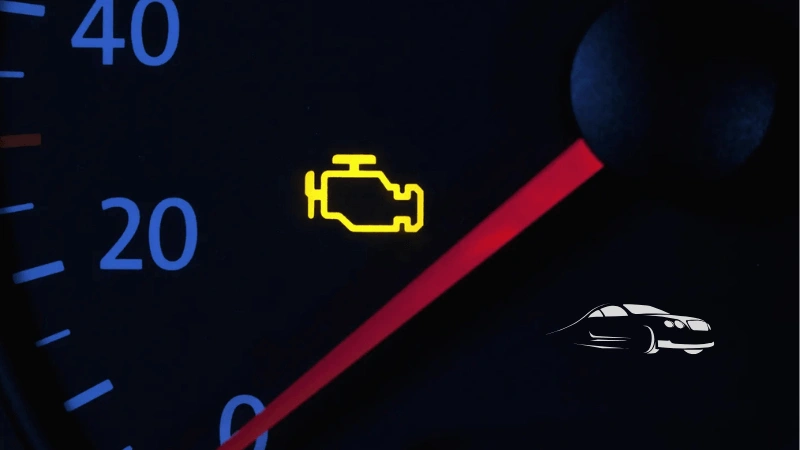
Suspension and Steering Problems
- Sometimes, car suspension components get worn. Bushes and nuts get loose or worn out.
- It makes shaking in the steering wheel when driving.
- The car begins to sway sideways due to mismatched tires with suspension items.
- Arms, tie rods, and ball joints get loose and become less efficient, which is why you see the front end of the car shaking while running.
Solution
- Inspect which suspension part is defective.
- Watch for the steering assembly performance to see whether it needs repairing or total replacement.
Axle Problems
- A weak or bent axle, along with worn-out bushings, can cause your car to vibrate at certain speeds.
- Jerking and stalling during uphill driving can indicate a failure in the transmission system.
- One possible cause is the failure of motor mounts.
- Motor mount failure can lead to excessive engine movement, causing jerking and stalling.
Solution
- Replace a bent axle.
- Check for worn-out bushings and replace them.
- Never compromise on the quality of spare parts.
- Check the motor mount functionality.
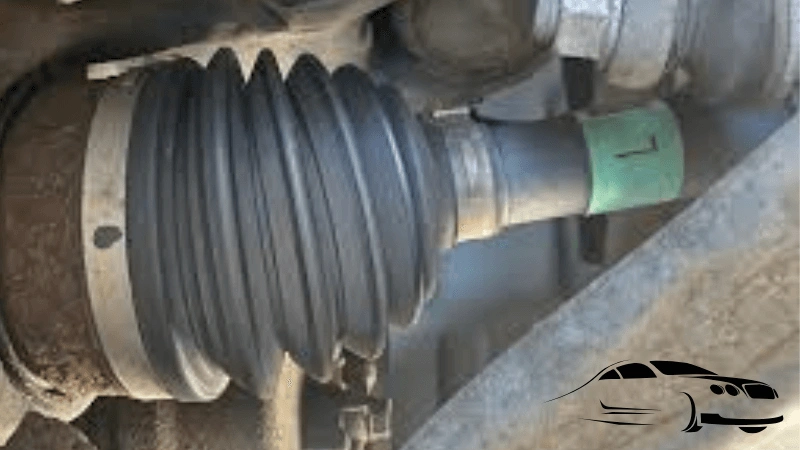
Weather and Road Conditions
- While driving in winter, your car may vibrate due to salt and snow piling up in the wheels.
- It can cause your car tires to lose grip.
- You may feel jerking while driving in the snow.
Solution
- Clean your tires and wheels frequently.
- Avoid driving in snowy areas unnecessarily.
- Sometimes, it may resolve on its own.
